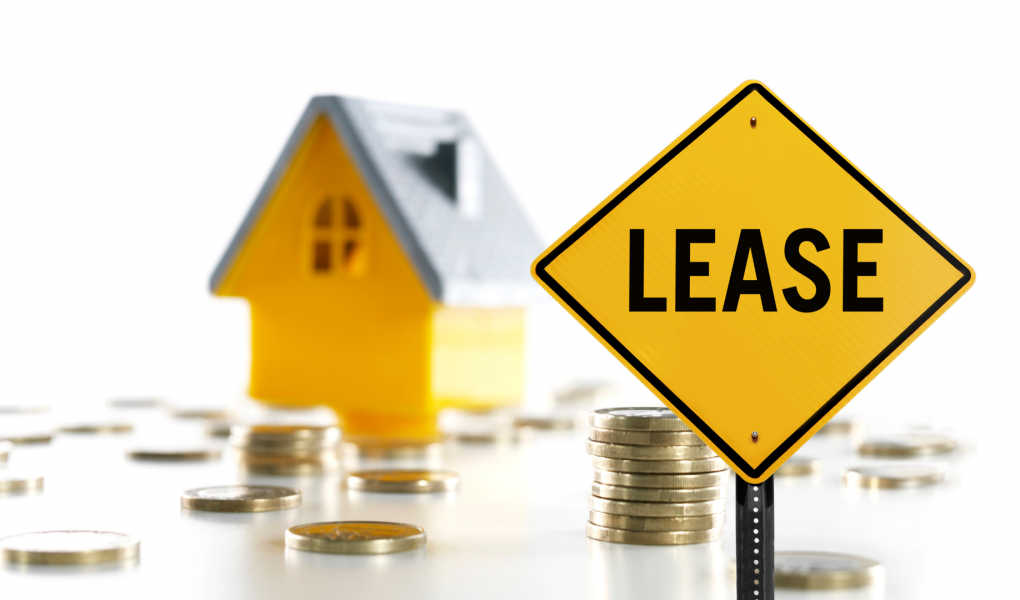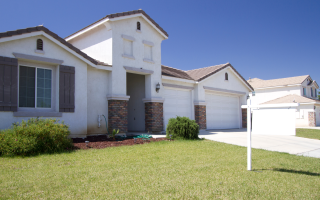No two properties are the same, so choosing the right type of ownership for your property can make a big difference to the amount you pay, the level of risk you take, and, ultimately, the amount of money you pocket. Freehold and leasehold are just two of the basic types of ownership that can be achieved.
What is a Leasehold?
A leasehold is a kind of property ownership agreement. It makes the property the responsibility of the holder of the lease. Freehold is a type of property ownership agreement where the owner owns the property. A freehold makes property ownership easier, but there may be situations where a property is better suited for leasehold. For example, the tenant could enforce a leasehold if the property is older and the landlord wants to keep it in good condition. To determine the condition of the property and set the price right, the landlord is likely to carry out a thorough home inspection, possibly with the help of an Austin home inspection company (or one elsewhere).
What is a Freehold?
Freehold is a type of leasehold that allows you to take possession of the property in the form of title and possession. This can be done even if the property has another owner. A freehold title may also be used to describe a large property that allows you to build on the land but not own the land.
We’ve all heard of the word “leasehold,” but what is it exactly? The word “leasehold” generally refers to any type of arrangement under which the land upon which a building is constructed is leased for a fixed period. The most common form of leasehold is a leasehold estate, which is a lease of a building, its buildings, and grounds, or any other interest in the freehold.
Owning a property is a huge responsibility, so it pays to know the pros and cons of freehold and leasehold. Both leasehold and freehold are forms of property ownership, and they both have their advantages and disadvantages. This article will explore these two types of property ownership and understand their differences.
Main Differences Between Freehold and Leasehold
The main differences between freehold and leasehold are the rights and obligations of the freeholder and the landlord. When buying a property, the freeholder has the right to manage it and does not have to take any notice of the landlord, who owns it. When you lease a property, you are legally bound to the owner of the property, and you do not own the property. Leaseholds are simply contracts that oblige the owner of the property to let the tenant use it in a certain way.
Leaseholds are often much more onerous than freeholds, with landlords often claiming the right to demand money under the guise of repairs and maintenance, even if no damage has been done. If you are planning to invest in a property and are unsure about whether to invest in leasehold or freehold property, you can get a consultation from an online investing expert similar to Invest with Ben for beneficial insights. A professional can help you understand the advantages and disadvantages of both types of real estate and other information so that you can make a practical decision.
Advantages and Disadvantages
There are many advantages and disadvantages associated with being a leaseholder over being a freeholder. One major disadvantage of being a leaseholder is the inability to sell your property. When you are a leaseholder, you are not in complete control of the property. When you are a freeholder, you own the property and can do what you want with it. For example, a legal inheritor of property from their parents can be classified as a freeholder, allowing them to sell it whenever they feel like (for more information, view this blog titled “inheriting property and forcing a sale“).
Freeholds are real estate titles granted by the Crown to own property. The holder of a freehold estate has the right to be on the property and the right to sell and develop the property provided that the property is not sold to a company that does not meet the Crown’s requirements. Leaseholds are real estate titles granted by the Crown to rent a property. Leaseholds do not give the holder the right to sell or develop a property, but they give the occupant the right to use it until the lease expires or is renewed.
Among all types of real estate ownership, freeholds are by far the most common. The reason for this is that it is the most common method of acquiring property. If you own a freehold, you are the owner, and it does not matter whether you rent it or sell it to a homebuyer (such as Ben Buys Indy Houses). Leaseholds, on the other hand, are much more complicated.
In short, freehold properties are better for the following reasons:
- They are never subject to eviction.
- They allow tenants to take ownership.
- They have a higher resale value than leasehold.



